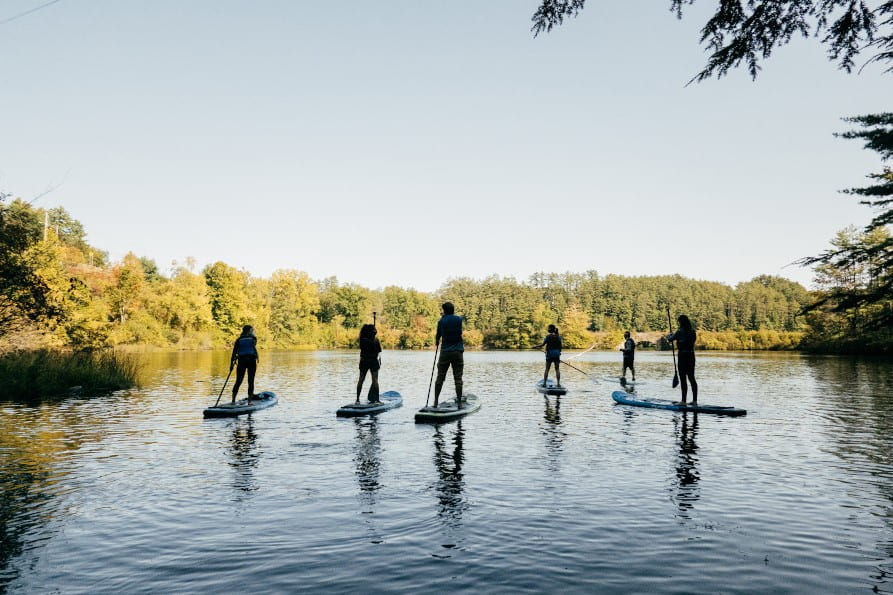
Dear Dartmouth,
Numerous research studies across many fields, involving a number of different contexts and cultures, and occurring at different points in human history have agreed upon one conclusive finding. Humans are profoundly social in nature, and the quality of our relationships is one of the most significant contributors to our wellbeing.
This week we continue our exploration of our wellbeing pathways with our third component: Connecting Authentically. This is a pathway that is primarily concerned with your ability to form meaningful, mutually supportive relationships and to feel a sense of belonging. You may have noticed the power of relationships related to your own wellbeing. Feeling secure in your relationships can bolster your ability to face any other challenges you may be experiencing, but when relationships feel more tenuous, it can affect your thoughts, feelings, and beliefs even when things are otherwise going well.
The inclusion of authenticity in this pathway highlights the importance of allowing others to know and see you for who you really are. It is, of course, a vulnerable act to be seen and known, but in the context of a trustworthy relationship, it is also a way to experience true validation of your inherent value, and to offer that validation to others.
Forming and maintaining good relationships requires an investment of your time and attention, and the demands and busy-ness of a rigorous academic context can limit your availability. Making time in your life to enjoy your connections with others, even when you have too much on your plate, can give you a boost of energy for everything else that requires your attention. And being there for others and allowing others to be there for you is how we can collectively create a caring community at Dartmouth.
Connecting authentically can also involve more than relationships. It can refer to your ability to connect inwardly, with your own values and strengths, to guide your decisions and actions in the world. In this sense, it bridges the reflective nature of the first two pathways with the next pathway we’ll discuss: Acting Intentionally.
Ask Yourself (Reflective Questions)
- Who have I connected with in an authentic manner? Who knows me, sees me for who I really am, and believes in my worth? What qualities have characterized these relationships, and what can I learn from them about the kind of relationships I want to have in the future?
- Who am I closest to right now? Who would I like to have a closer relationship with, and where would I like a little more distance? What would it look like to take more ownership of my existing relationships?
- How would I like to connect with others here at Dartmouth? How can I create opportunities to build these connections with others?
Try This (Wellbeing Practices)
- Stay connected with the people most important in your life
- Experiment with new ways to connect while social distancing
- Broaden your social circle by building authentic relationships across differences
Explore Further (Dartmouth Resources)
- Get involved with the many organizations and events at Dartmouth
- Stay connected with the SWC through our Virtual Student Wellness Center
As you build more authentic connections in your life, we encourage you to reflect on the questions above – maybe by talking them through with someone you trust – and pick a practice to try over the next couple weeks. We’ll continue this exploration with our fourth pathway: Acting Intentionally in two weeks. Until next time…
Take care and be well,
Todd
